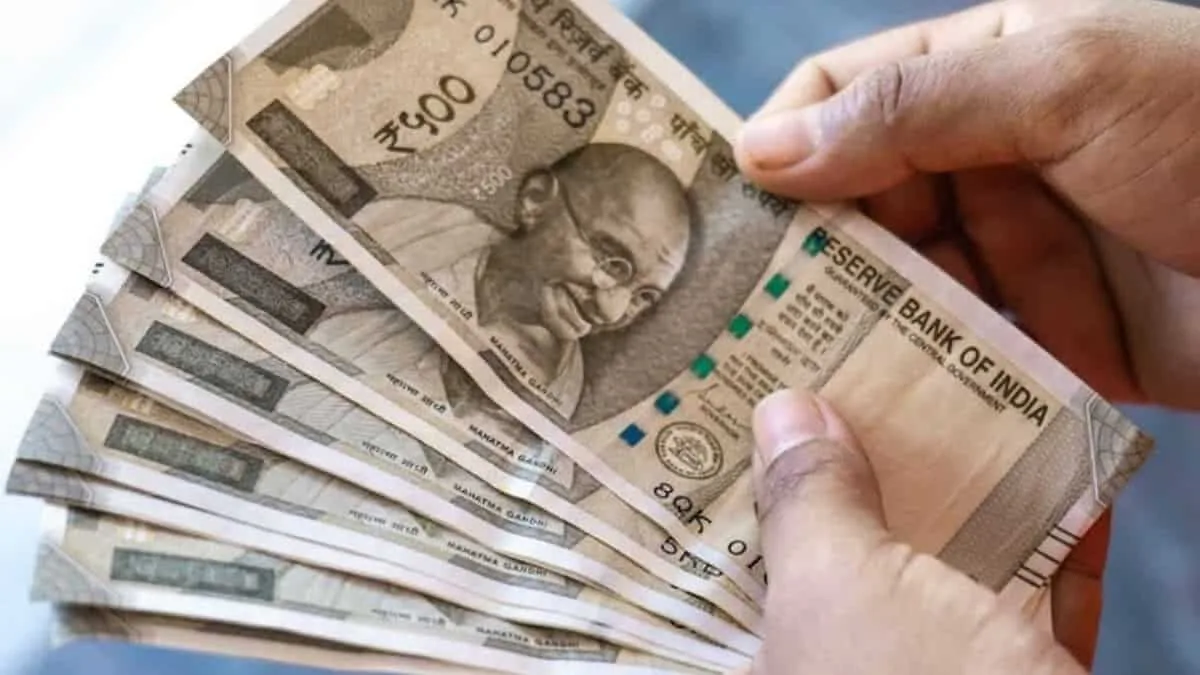Hyderabad: With Eid ul Adha around the corner, the price of khowa has touched Rs 260 per kilogram at Chandulal Khowa Bela, located in Shah Ali Banda in Hyderabad’s Old City.
The demand for khowa rises during festival seasons, including Eid ul Adha, popularly known as Bakri-Eid or Bakrid. Restaurants, bakers, and catering services buy khowa in bulk during this period, as they prepare and sell sweets like Double ka Meetha and goody. These sweets are in high demand during the festive days.
“In the past, these sweets were prepared by women at home. But due to busy schedules and time constraints, people now source them from restaurants and bakeries, where they are sold by the kilogram,” said Mohd Tajuddin, a retired government employee living in the Old City.
Normally, a kilogram of khowa at Chandulal Bela sells for Rs 200 to Rs 240. “In the run-up to the festival, the price has risen to Rs 260, and we expect it to reach Rs 280 a day or two before the festival,” said Shanta Kumar, a khowa merchant.
What is Khowa?
Khowa, also known as khoya, mawa, or koa, is a dairy product made by thickening milk through slow heating. It is widely used in Indian sweets and cuisines.
Producing one kilogram of khowa requires boiling at least four litres of buffalo or cow milk for about 30 minutes. With wholesale milk priced at ₹40 to ₹50 per litre, khowa naturally costs over ₹200 per kilogram in the market.
Supply chain shifts
Traditionally, khowa was sourced from districts like Ranga Reddy, Medak, Nalgonda, and Mahabubnagar. However, local production has declined over time due to various reasons.
“Now, vehicles loaded with khowa arrive late at night from Sholapur and other districts in Maharashtra,” said Najeeb Ahmed, a khowa merchant.
In Maharashtra’s rural areas, families prepare khowa at home and sell it to local traders, who then transport it to Hyderabad in tightly packed containers via jeeps.
The Khowa Markets
The Old Market, located behind Suraj Bhan Hospital in Shah Ali Banda, and the New Market on Hari Bowli Road are the main hubs for khowa trade. The Old Market has second- and third-generation merchants, with around 100 shops currently operating.
Initially, there were only six shops run by traders like A. Raghunandan, Kishtia, Anjaiah, Parmeya, Aagmaiah, and Gulab Singh. Today, their descendants continue the business.
“Around four to five tonnes of khowa are brought into the city daily, supplied to sweet shops, hotels, and catering companies. Locals also buy small quantities for home use,” said M.A. Afzal, a khowa merchant.
Demand peaks during wedding seasons and festivals, with traders placing advance orders for bulk supply.
Who was Chandulal?
The market is named Chandulal Bela, but few know its history. Chandu Lal Malhotra (1766–1845), also known as Maharaja Chandu Lal, served as Prime Minister under the third Nizam of Hyderabad, Sikandar Jah.
Born in Hyderabad to a Hindu Khatri family with roots in Lahore, he was also a poet fluent in Urdu, Hyderabadi, Punjabi, and Persian.







